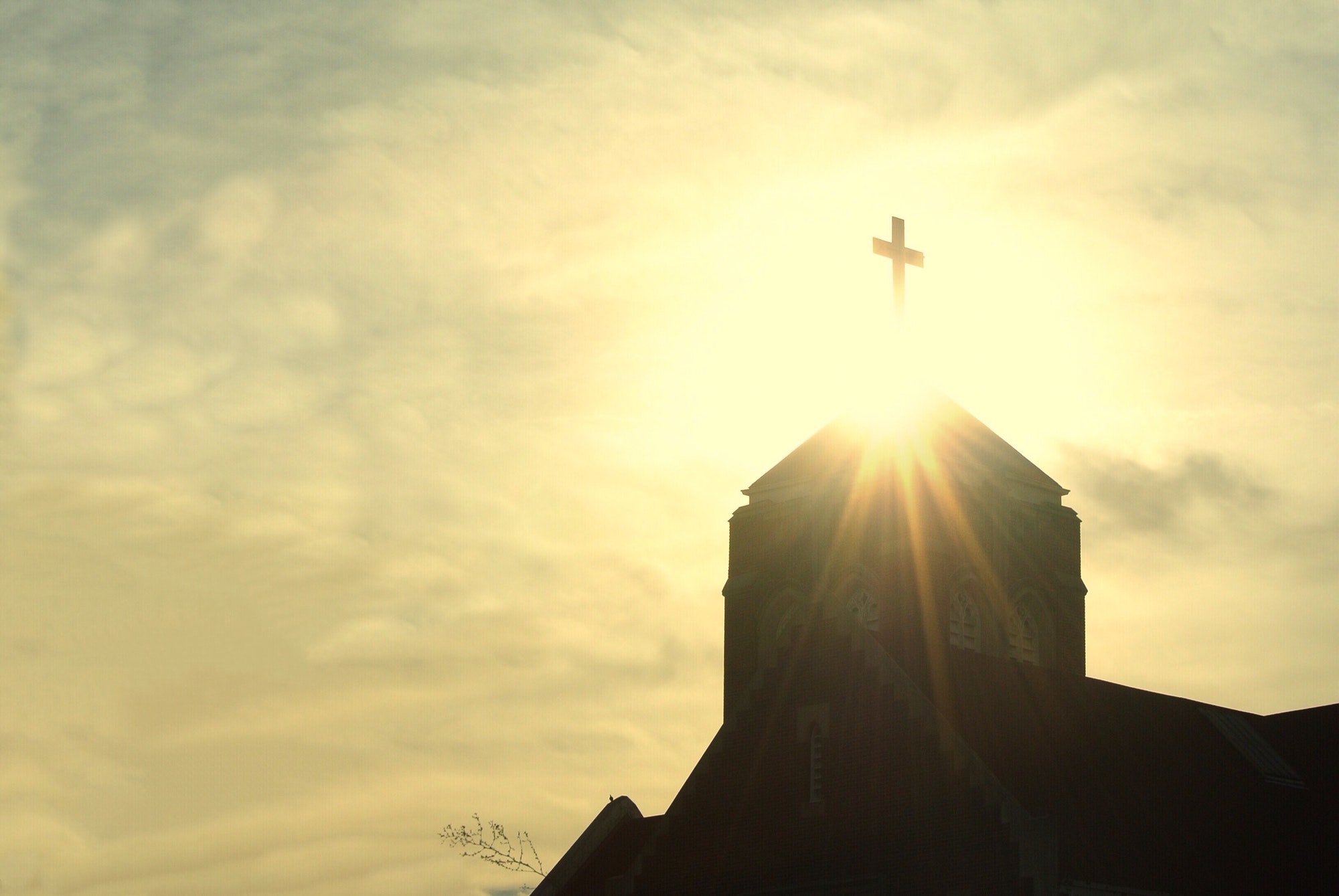In the wake of a scandalous incident that unfolded at an altar in Uganda’s Kayunga District, a determined collective of worshippers has unequivocally pledged to abstain from ever stepping foot inside a church again. The catalyst behind this resolute decision was the shocking discovery of a couple engaging in sexual activities at the sacred altar, an act that has deeply disturbed and outraged the local community.
The individuals involved in this scandalous episode were identified as a 23-year-old married Catholic man and his recently divorced Muslim lover. It was on an ordinary Tuesday when their ill-advised tryst took place, unfolding in the holiest of places, the church altar. Unbeknownst to them, fate had other plans in store as the man’s wife inadvertently stumbled upon the salacious scene, catching the duo with their pants down, quite literally.
In a state of utter disbelief and emotional turmoil, the man’s wife swiftly raised the alarm, desperately calling for assistance. Her cries for help attracted the attention of nearby residents, who were both bewildered and concerned by the commotion. The news of such a disgraceful act spread like wildfire throughout the community, rapidly reaching the ears of fellow worshippers and devout churchgoers.
The repercussions of this scandalous incident have been profound and far-reaching. The collective of believers, who once found solace, guidance, and spiritual nourishment within the walls of their cherished churches, now find themselves grappling with an immense sense of betrayal and disillusionment. The sanctity of the sacred space they held dear has been irrevocably tainted by the unspeakable actions that unfolded upon the hallowed altar.
The decision to boycott churches has not been made lightly. It symbolizes a firm stance against the desecration of sacred spaces and the violation of religious principles. This group of worshippers, deeply hurt and deeply scarred, seeks to make a statement that such blatant disregard for the sacred will not be tolerated within their community. By renouncing their attendance at local churches, they hope to send a resounding message to both the perpetrators and the wider society that such acts of sacrilege and moral transgression will not go unchallenged.
The ripple effects of this incident are not confined solely to the local community. News of the desecration of a church altar in Kayunga District has reverberated across the region, drawing attention and igniting discussions about the need for heightened vigilance and respect within religious institutions. The incident serves as a somber reminder that even the most revered and sacred spaces are vulnerable to acts of impropriety, and it calls for a renewed commitment to safeguarding the sanctity of places of worship.
As the collective of worshippers stands united in their resolve to distance themselves from the churches in Kayunga District, their hope is that this boycott will serve as a catalyst for introspection and reform. They envision a future where their religious spaces are revered and cherished, where acts of sacrilege are met with swift and decisive action, and where the faithful can gather without fear of witnessing such profane displays.
In the wake of this scandal, the journey toward healing and restoration will be arduous, but the worshippers remain steadfast in their conviction to preserve the integrity of their faith and the sanctity of their sacred spaces. Through their unwavering commitment to never enter a church again, they are sending a powerful message that the bonds of trust, reverence, and sanctity should never be violated, and that the faithful deserve nothing less than the highest standards of morality and piety within their places of worship.




